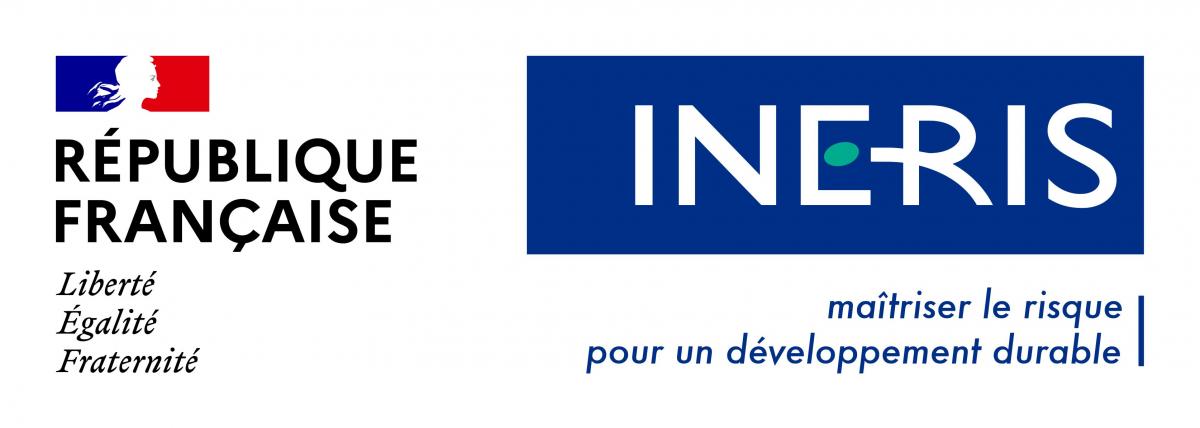The ECORBIO project in a nutshell and its major achievements
Résumé
ECORBIO is the acronym for Evaluation of CORrosion issues in advanced BIOrefineries. Advanced biorefining according to IEA task 42 corresponds to sustainable transformation of biomass into a marketable portfolio of products comprising food, feed, biomolecules, biomaterials and energy vectors (see fig.1) . To our knowledge, the ECORBIO project is the first initiative undertaken at EU level focusing on potential corrosion problems inside these new and versatile production systems. The 3 years long research project has been financially supported by CR Picardie (now integrated in the new Region Nord-Pas-de-Calais-Picardie, according to recently redefined French administrative Regions) from 2012 to 2015 as a winning proposal submitted by INERIS (acting as coordinator) and 5 key regional partners (UTC-TIMR/ESCOM, UPJV (through GEC FRE CNRS3580 Unit, LEREM, CETIM and MAGUIN SAS) grouping 2 academic laboratories, 3 technical centres and one industrial partner involved in biorefining as equipment and biorefinery process units supplier. The consortium has developed a multidirectional approach entailing analytical and experimental works, bibliographical review, database setting, exchanges with stakeholders. Key objectives of the project was to identify whether or not corrosion was a issue in modern biorefining, analyze past and current research contributing to put corrosion under control and success obtained so far in the matter, and bring proper contribution to advance new knowledge. As a general introduction to the CORABIO workshop, the purpose of this communication is to remind the delegates of some key contextual facts about corrosion concerns, to provide a first overview of workplan and findings of the project, including a first overview of major learning regarding the various tasks undertaken, lessons from bibliometric indicators, major feedback from incidents, potential corrosive environments induced by key materials like carboxylic acids and ionic liquids, evaluation of the corrosion protocol “C1” recently supporting according to GHS (Global Harmonised System) the classification of substances that must be labelled as “corrosive to metal” substances or mixtures and other experimental developments. Major findings are subject to dedicated talks or posters which are included as specific items in the ECORBIO project.
